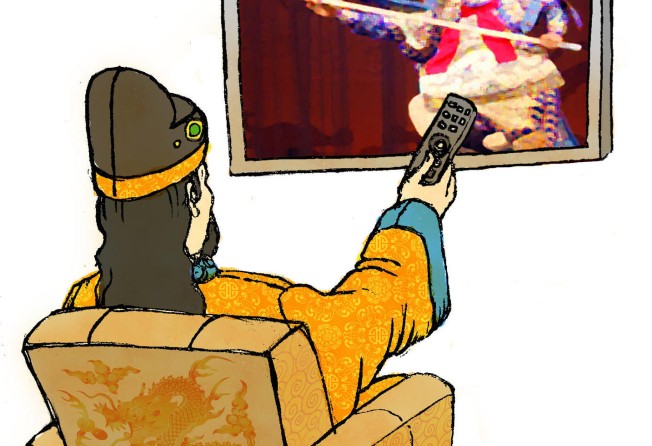
Reflections: Immortal opera
Wee Kek Koon

Who would have thought that something as trivial as television could whip up a political storm? Either Hongkongers take their TV very seriously or it's another manifestation of the highly charged political milieu in the SAR, where anything and everything can be used to inflame the masses.
I refer, of course, to the demonstrations that followed the government's rejection of Hong Kong Television Network's free-to-air licence application.

The earliest forms of baixi were mainly acrobatics and conjuring tricks, but there was also singing, dancing and comedy.
By the Tang dynasty (AD618-907), entertainment had become an industry, and in the capital, Changan, a training school for musicians and actors was set up and staffed by celebrity instructors who were masters of their craft. Some forms of entertainment, such as xiqu (erroneously translated as "Chinese opera"), gradually became art forms.